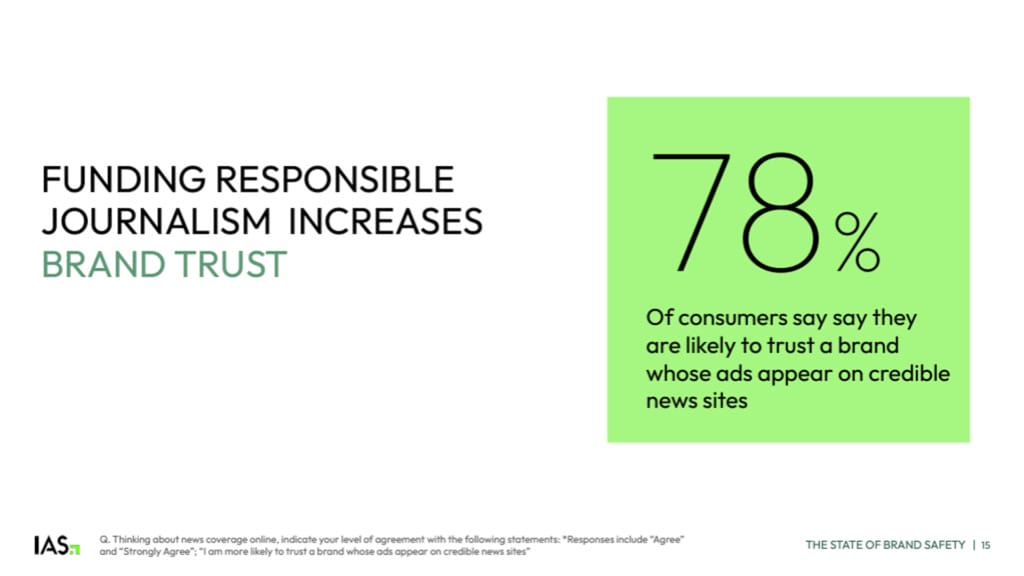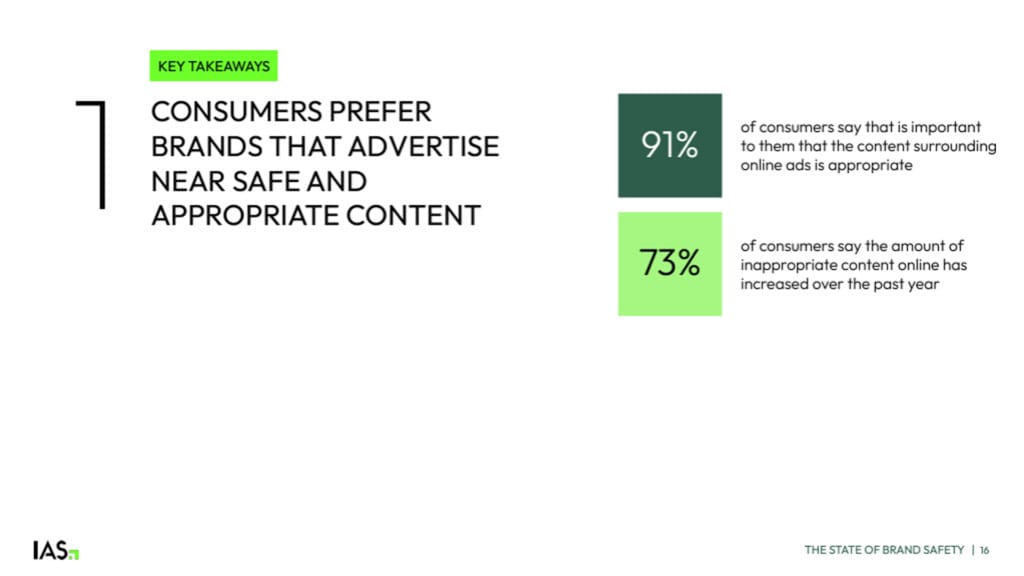In the rapidly changing landscape of digital media, Singaporean consumers are asserting a strong demand for responsibility in online advertising, according to a recent study by Integral Ad Science (IAS). The report highlights a growing concern among the public over the appropriateness of content surrounding digital ads, especially in light of increasing misinformative and inappropriate content online.
Brand safety at the forefront of consumer concerns
The IAS study titled “The State of Brand Safety” delves into how online content impacts brand perception in Singapore. Findings suggest a significant majority of Singaporeans believe brands are responsible for ensuring the content surrounding their advertisements is appropriate. A worrying incident cited in the report involved an advert by Axe Brand Oil inadvertently placed next to coverage of the tragic River Valley High incident, spotlighting the pitfalls of neglectful ad placement.
As Singapore heads towards elections and faces escalating geopolitical conflicts, the spotlight on brand safety is expected to intensify. The study underscores the necessity for brands to navigate these challenges with heightened caution to maintain consumer trust and brand integrity.
Increasing accountability and consumer expectations
The survey conducted as part of the study paints a clear picture of consumer expectations: 83% of respondents hold brands accountable for the content surrounding their ads. This sentiment is reinforced by the 78% who expressed greater trust in brands that advertise on credible news platforms, emphasizing the link between ad placement and brand trust.

Furthermore, the report reveals a significant 91% of Singaporeans consider it crucial that online ads are surrounded by appropriate content, indicating a strong preference for ads that align with the values of safety and appropriateness. Consumers increasingly scrutinize where and how brands place their ads, associating ad placement with overall brand values and ethics. Brands that fail to carefully select their advertising environments risk alienating this highly aware consumer base.
Brands and the push for responsible journalism
The responsibility of brands extends beyond mere ad placement; there is also a strong call for brands to support responsible journalism. According to the study, 84% of consumers believe ads should fund responsible and accurate news reporting, reflecting a broader expectation that companies should play a pivotal role in enhancing the quality of online information. This perspective is part of a larger discussion on the impact of advertising dollars on media integrity and the overall landscape of information dissemination.

This growing demand for ethical advertising practices comes as 73% of Singaporeans have noticed an increase in inappropriate content online over the past year. The study’s findings urge brands to adopt rigorous safety measures and contextual targeting to ensure their advertisements do not inadvertently support or appear alongside harmful content.
Looking ahead: The evolving expectations of digital advertising
The “State of Brand Safety” report by IAS effectively captures a critical moment for digital advertising, where consumer expectations are shaping a new era of brand accountability. As inappropriate online content proliferates, the responsibility on brands to curate safe and supportive advertising environments has never been more pressing. Moving forward, brands will need to be more vigilant and proactive in their advertising strategies, not only to protect their own reputation but also to contribute positively to the broader media ecosystem.





